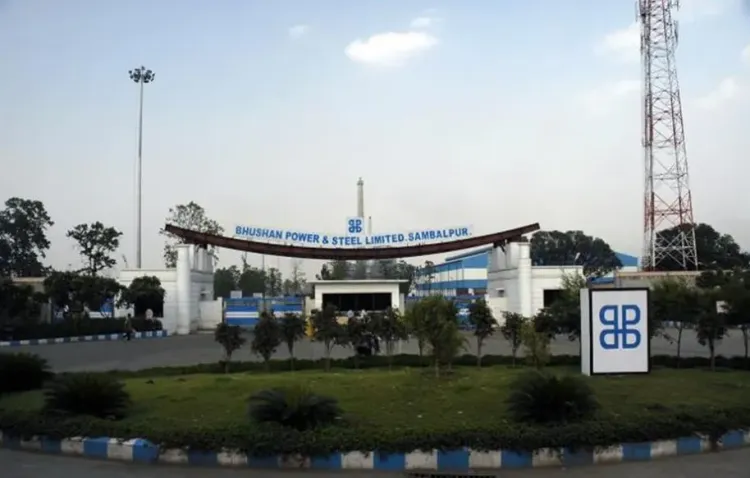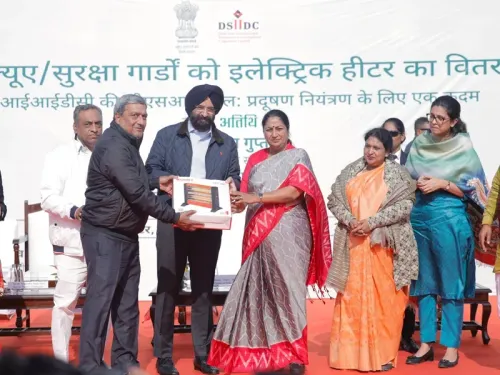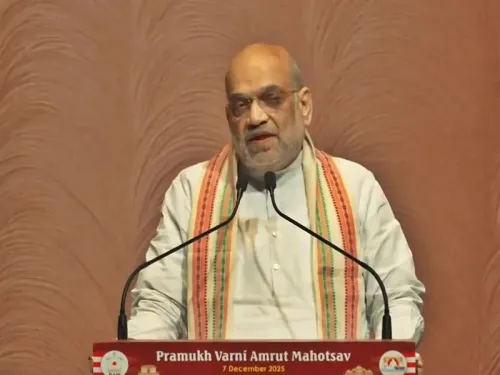Did the SC Order the Liquidation of BPSL, Rejecting JSW Steel's Resolution Plan?

Synopsis
Key Takeaways
- Supreme Court mandates liquidation of BPSL.
- JSW Steel's resolution plan found non-compliant.
- Focus on protecting creditors' interests.
- ED's involvement in asset attachment highlighted.
- Case underscores need for adherence to IBC regulations.
New Delhi, May 2 (NationPress) The Supreme Court has mandated the liquidation of the financially troubled Bhushan Power and Steel Limited (BPSL), determining that JSW Steel's resolution proposal for the insolvent entity did not align with the stipulations outlined in the Insolvency and Bankruptcy Code (IBC), 2016.
A bench comprising Justices Bela Trivedi and S.C. Sharma criticized the resolution professional, the Committee of Creditors (CoC), and the National Company Law Tribunal (NCLT) for compromising the core objectives of the IBC, which include timely insolvency resolution and the maximization of asset value, along with its associated regulations.
The bench, led by Justice Trivedi, concluded that JSW Steel's resolution strategy failed to safeguard creditors' interests and appeared to have been approved by the CoC without adequate commercial prudence. JSW Steel's plan involved a payment of Rs 19,350 crore to the financial creditors for the acquisition of the bankrupt company.
JSW Steel's attempt to acquire BPSL encountered hurdles after the Enforcement Directorate (ED) petitioned the Supreme Court against the National Company Law Appellate Tribunal (NCLAT) ruling that lifted the attachment order on BPSL’s assets. The ED contended that the appellate tribunal lacked the authority to unfreeze and endorse the sale of assets seized by the federal anti-money laundering agency.
Eventually, the ED opted not to continue its appeal before the apex court and returned the seized assets to JSW Steel as part of the insolvency resolution process.
The ED had previously attached assets exceeding Rs 4,000 crore of BPSL due to a money laundering investigation associated with an alleged bank loan fraud involving the company's former promoters. It was claimed that these individuals engaged in fraudulent practices, including document forgery and false representations to financial institutions. Misappropriated funds were funneled through bogus Letters of Credit in favor of JSW Steel Limited and Hindustan Zinc Limited.
The investigation was initiated following a prosecution complaint from the Serious Fraud Investigation Office (SFIO) against Bhushan Steel Limited, citing scheduled offenses under the Prevention of Money Laundering Act (PMLA), 2002. The inquiry uncovered that Bhushan Steel and its Managing Director, Neeraj Singal, created shell companies to shuffle funds, resulting in significant losses to the State Bank of India and the Punjab National Bank. In September of the previous year, the Supreme Court granted bail to Singal in the money laundering case, considering the unlikely prospect of a swift trial and his prolonged pretrial detention.










